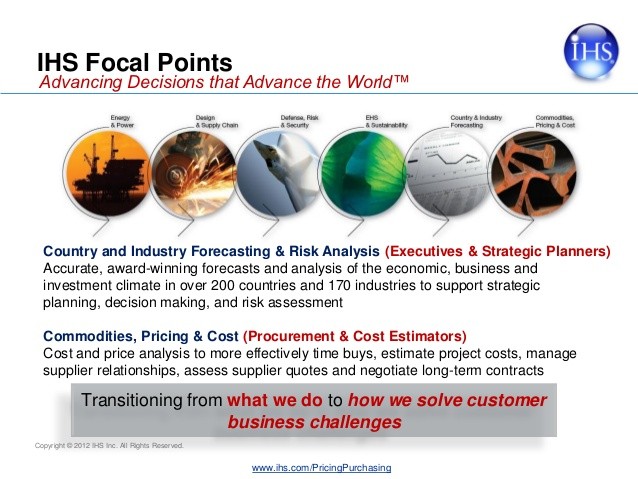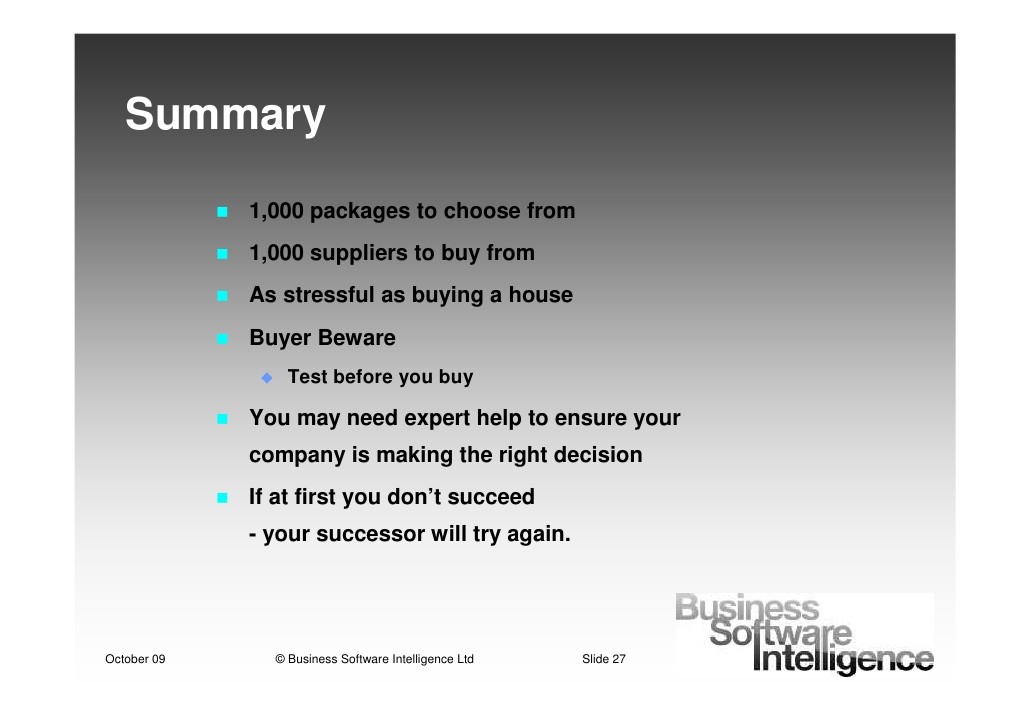Buying a Business Buyer beware!
Post on: 24 Июль, 2015 No Comment

B uying a business is risky. The keys to making a successful purchase are identifying a good business to acquire, investigating the business thoroughly, and negotiating an appropriate purchase agreement.
As with all business decisions, you must first have a firm idea of why you are interested in buying a business, how you plan to operate the business, and what your overall goals are? After identifying a potential purchase, a thorough review is necessary.
The following are just a few of the many questions which must be asked in order to determine whether this business fits your overall plan:
- What are the products and services of the business? Are these products and services for which there is an adequate demand?
After considering the above, if the business seems to be a good candidate, the financial aspects must be reviewed. The books and records of the business should be analyzed to determine whether the business can be operated at a profit and provide an adequate return on investment to the buyer.
If the purchaser is not trained and experienced in financial analysis or tax, he or she should work with a CPA or other professional who can advise the purchaser on the financial condition of the business.
The financial review of the business must consider all of the following:
- the condition of the financial records of the business, as an indicator of whether the business is well run, as well as an indicator of whether the financial records are reliable;
After reviewing the overall nature and financial condition of the business, you need to sketch out a structure for the purchase of the business, and consider what terms will be needed in the purchase agreement.
The Structure
A s a general rule, you should purchase an owner-operated business as an asset purchase, not a purchase of stock. An asset purchase offers the buyer ways to cut off responsibility for liabilities arising out of operation of the business prior to the purchase.
In a stock purchase, the buyer purchases the corporate stock of the seller, and takes over all liabilities as well as all assets. This means that the buyer of stock may be purchasing tax liabilities, lawsuits, and other problems, some of which may not yet be evident. For this reason, the preferred method for buying a business is the purchase of assets.
The asset purchase also gives the buyer the opportunity to allocate the purchase price to the assets acquired, and begin to depreciate the assets from the new book value. In a stock purchase, the buyer is stuck with the tax structure established by the prior management.
If you do have compelling reasons to purchase a business as a stock purchase, for example, in order to obtain permits or licenses held by the corporation, such a purchase requires even greater investigation of all aspects of the business.
The next step is to determine the other important terms of the purchase. The interested buyer must be able to present the key terms of the purchase at the same time that the purchase price is offered. It is impossible to determine an appropriate price range without knowing what is being purchased, what terms are included in the purchase, and how payments will be structured.
The following are some of the terms that need to be considered:
- List all assets of the business which you wish to acquire. Don’t forget to consider customer lists, logos, trademarks, the business name, and other intangibles among the assets.

The interested buyer must be able to present the key terms of the purchase at the same time that the purchase price is offered. It is impossible to determine an appropriate price range without knowing how payments will be structured, what the tax consequences will be, how much more must be invested into the business by the buyer, whether liabilities will be assumed by the buyer, and what types of guarantees the seller is willing to provide. The purchase price must only be offered based upon the terms and contingencies identified in the offer.
The buyer must recognize that most of the risks in the transaction are on the buyer, and that the interests of the buyer and the seller are opposing interests. It is the buyer who will suffer if any aspect of the business is not as the buyer anticipates.
It is not just the possibility of fraud (overvaluation, existence of liabilities, lack of title, misstated financial records, nonexistence of assets) which makes a thorough agreement necessary. It is also the possibility of misunderstanding, oversight, mistake, and the lack of business or financial skills by either party. There may be problems with the way the business was operated in the past, and there may be problems with the proposed operation in the future.
T here are two approaches on what the Offer should be. One is a brief description of all the important terms to the arrangement — price, payment terms, list of major assets, seller’s warranties, contingencies, etc. This is a brief, two page description of what the intentions of the parties are. If the parties fail to agree to this broad statement of intent, there is often no point in going further.
The other type of Offer is actually a complete first draft of the purchase agreement, covering all the terms, in full contract form, so that negotiations can begin in detail. This is the best way to go, since it enables the parties to very clearly see what they are negotiating. It is less often done because of the time required, as well as the risk of incurring the expense of having the contract drafted, and then having the deal fall through.
There is always a chance that the parties will not be able to reach an agreement. The buyer should be prepared to deal with this. Many small business buyers become determined to buy a particular business. This is a dangerous approach. The key to success in buying a business is buying the right business on the right terms.
The goal should be, and should remain, to buy a business that can provide an appropriate return on investment for the level of risk assumed. If such a goal cannot be attained, the purchase must be abandoned. Accepting a level of return lower than that which meets your established standards, because the seller demands it, is not a reasonable business approach. Do not select the business and then negotiate the best possible deal. You must set your financial standards and then find the deal that fits it. If the seller will not agree to terms that allow the business purchase to meet your standards, you should move on to the next business purchase opportunity.
Preparation, investigation, and negotiation before the purchase are the keys to minimizing the risks and making a successful purchase of a business.
© 1997 Mary Hanson All rights reserved.














